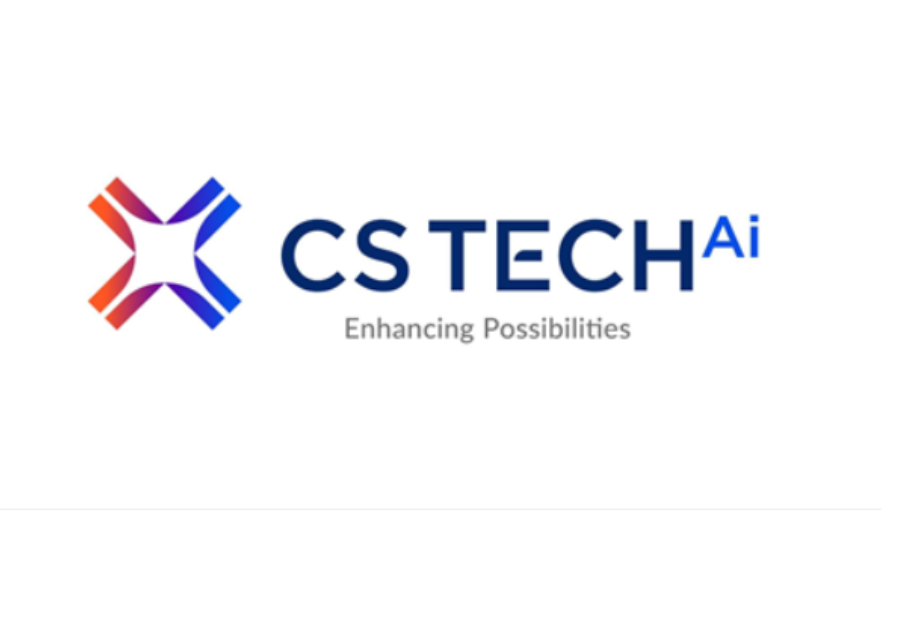Microsoft’s ambitious plans for its next-generation artificial intelligence (AI) chip, codenamed “Maia” (also referred to as “Braga” or Maia 200), have reportedly encountered a major obstacle, pushing back its mass production by at least six months. The chip’s launch is now delayed until 2026, a setback from the previously expected 2025 deployment in Microsoft’s data centers.
Reports indicate that the delay is due to a mix of factors, including unexpected design modifications—some of which were specifically requested by Microsoft’s AI partner, OpenAI, leading to instability during simulations. Additionally, internal staffing issues and a high turnover rate have compounded these technical challenges, with some development teams facing up to a 20% loss of personnel due to intense pressure from unchanged project deadlines.
This delay is particularly significant as Microsoft seeks to lessen its dependence on Nvidia’s costly and dominant AI chips by creating its own custom processors. However, reports suggest that even when “Braga” finally goes into production, its performance is likely to be significantly inferior to Nvidia’s Blackwell chip, which was launched in late 2024. This anticipated performance gap puts Microsoft at a competitive disadvantage in the fast-changing AI hardware market.
While Microsoft launched its first-generation Maia 100 chip in November 2023, it has faced challenges in scaling production effectively. Sources reveal that this chip has mainly been utilized for internal testing and is not yet powering Microsoft’s primary AI services, partly because its design was developed prior to the generative AI boom, making it more appropriate for image processing than for large language models.
In contrast, Microsoft’s cloud competitors have made more substantial progress in their in-house chip development. Google introduced its seventh-generation Tensor Processing Units (TPUs) in April 2025, and Amazon’s next-generation Trainium 3 AI chip is expected to be released later this year.
Adding another layer of complexity, OpenAI is reportedly not waiting for Microsoft to overcome its chip challenges. The AI research lab is finalizing the design of its own custom AI chip, with plans to send it to TSMC for production using 3-nanometer technology, also targeting mass production in 2026. This parallel development effort suggests OpenAI is hedging its bets to secure its computational needs.
Microsoft is reportedly working on a roadmap of three chips—Braga, Braga-R, and Clea—targeting data center deployment in 2025, 2026, and 2027, respectively. However, the delay of Braga casts doubt on whether the company will meet these ambitious future launch targets.
Also read: Viksit Workforce for a Viksit Bharat
Do Follow: The Mainstream formerly known as CIO News LinkedIn Account | The Mainstream formerly known as CIO News Facebook | The Mainstream formerly known as CIO News Youtube | The Mainstream formerly known as CIO News Twitter |The Mainstream formerly known as CIO News Whatsapp Channel | The Mainstream formerly known as CIO News Instagram
About us:
The Mainstream formerly known as CIO News is a premier platform dedicated to delivering latest news, updates, and insights from the tech industry. With its strong foundation of intellectual property and thought leadership, the platform is well-positioned to stay ahead of the curve and lead conversations about how technology shapes our world. From its early days as CIO News to its rebranding as The Mainstream on November 28, 2024, it has been expanding its global reach, targeting key markets in the Middle East & Africa, ASEAN, the USA, and the UK. The Mainstream is a vision to put technology at the center of every conversation, inspiring professionals and organizations to embrace the future of tech.




